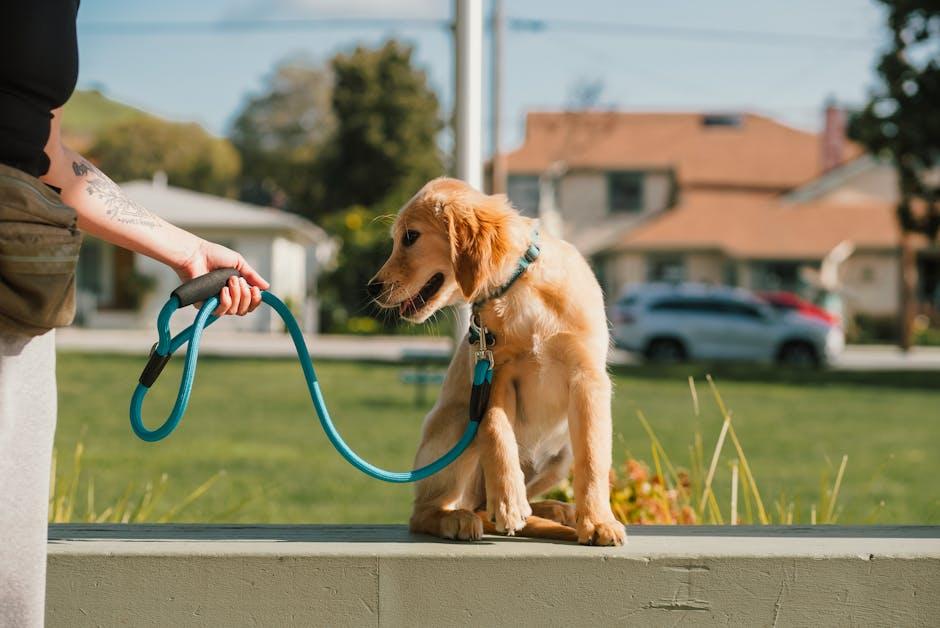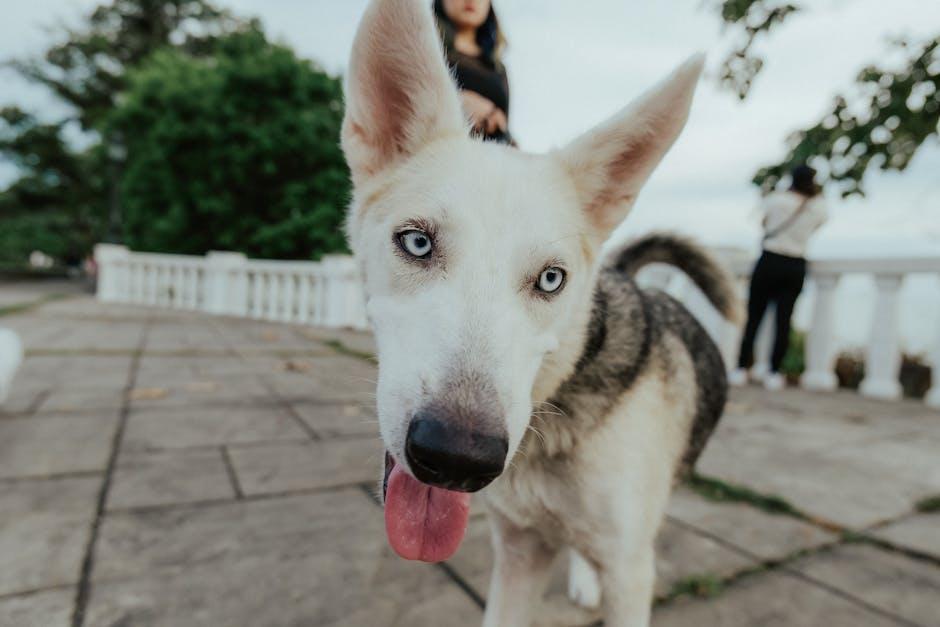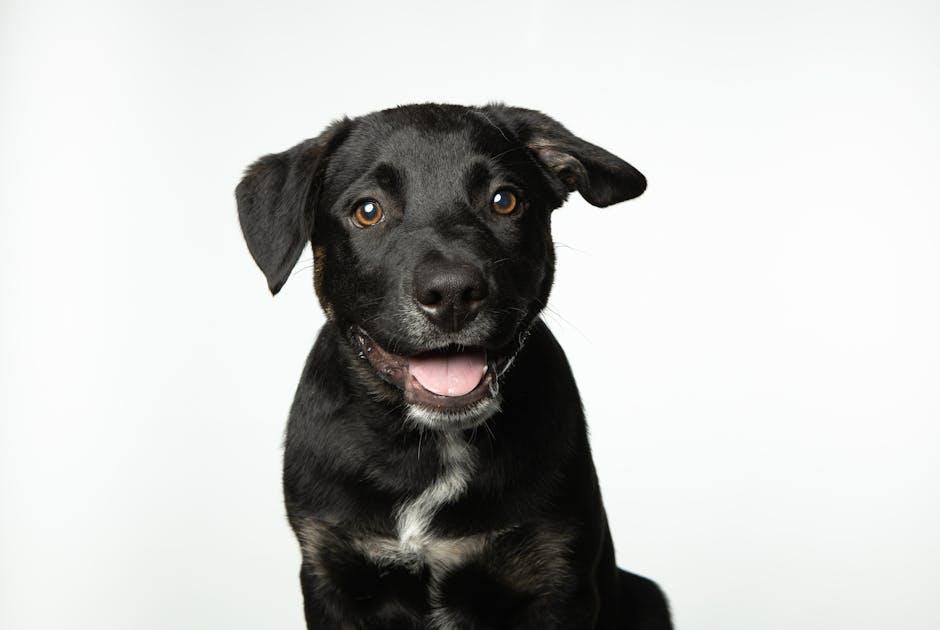Welcoming a new puppy into your home is an exciting and joyful experience, but it also comes with its fair share of challenges. Puppies are bundles of energy and curiosity, eager to explore the world around them, and it’s up to us to guide them on the right path. This year, we’re here to help you navigate the rewarding journey of puppy training with our comprehensive guide, designed to foster a loving and respectful relationship between you and your furry friend. Whether you’re a first-time puppy parent or looking to refine your training techniques, our step-by-step approach will equip you with the tools and insights needed to raise a well-behaved, happy companion. Let’s embark on this adventure together, ensuring your puppy grows into a cherished member of your family.
Creating a Positive Learning Environment for Your Puppy
Fostering a nurturing atmosphere for your puppy is the foundation of effective training. Creating a space where your furry friend feels secure and motivated is essential for their growth and learning. Start by establishing a consistent routine. Puppies thrive on predictability, so feeding, walking, and training at the same times each day helps them understand expectations. Moreover, be sure to offer a mix of mental and physical activities to keep your puppy engaged and stimulated.
- Positive Reinforcement: Reward good behavior with treats, praise, or playtime. This encourages repetition of the desired actions.
- Safe Spaces: Designate a cozy area where your puppy can retreat and relax, away from loud noises or stressors.
- Gentle Correction: Instead of harsh discipline, use a calm but firm voice to guide your puppy away from unwanted behaviors.
- Socialization: Introduce your puppy to various people, pets, and environments to build confidence and adaptability.
Remember, patience and consistency are your best tools. By cultivating an environment that balances love and learning, you set the stage for your puppy to thrive and develop into a well-behaved companion.

Mastering Basic Commands with Patience and Consistency
Training your puppy to respond to basic commands is a delightful journey that requires both patience and consistency. Start with simple commands like “sit,” “stay,” and “come,” ensuring that each session is a positive experience. Short, frequent training sessions are more effective than longer ones, as puppies have limited attention spans. Use treats and praise to reinforce good behavior, making sure to reward them immediately so they can associate the command with the action. Remember, every puppy learns at their own pace, so celebrate small victories along the way.
- Be consistent: Use the same words and gestures each time to avoid confusing your pup.
- Keep it positive: Encourage with treats, toys, or affection, but never use harsh tones or punishment.
- Practice regularly: Incorporate training into daily routines to build habits.
- Be patient: Progress may be slow, but persistence will pay off in the long run.
By embedding these practices into your routine, you’ll not only teach your puppy basic commands but also build a strong foundation of trust and communication. The bond you create during these early stages of training will last a lifetime, enhancing your relationship with your furry friend.
The Importance of Socialization in Your Puppys Development
Socialization is a crucial component in shaping your puppy into a well-adjusted and confident adult dog. During the early stages of their life, puppies are like sponges, eager to absorb new experiences. This period is an opportunity to introduce them to a variety of sights, sounds, and environments. By doing so, you’re helping them develop resilience and adaptability, which can significantly reduce the likelihood of fear-based behaviors later in life.
To effectively socialize your puppy, consider incorporating these elements into their routine:
- Exposure to different environments: Take your puppy to parks, busy streets, and calm countryside areas to help them become comfortable in diverse settings.
- Interaction with people and other animals: Introduce your puppy to a range of people, including children, and allow them to interact with other friendly dogs and pets.
- Handling and grooming: Regularly handle your puppy’s paws, ears, and mouth to get them used to being touched and groomed.
- Variety of sounds: Play recordings of household noises, such as vacuum cleaners and doorbells, at a low volume to acclimate them gradually.
By prioritizing socialization, you’re laying a solid foundation for your puppy’s development, ensuring they grow into a happy and well-mannered member of your family.

Addressing Common Behavioral Challenges with Compassion
Training a puppy comes with its fair share of challenges, but addressing them with compassion can make a world of difference. Puppies, like children, are in a learning phase and can often act out due to confusion or fear. It’s important to approach behavioral challenges with patience and understanding. Here are some compassionate strategies to tackle common issues:
- Chewing: Understand that puppies explore the world with their mouths. Provide a variety of chew toys and redirect their attention from furniture or shoes to these toys. Reinforce this behavior positively when they choose the right item.
- House Training: Consistency is key. Establish a routine for taking your puppy out and reward them for doing their business outside. Accidents will happen, but it’s important to avoid punishment and instead clean up without fuss.
- Biting: Puppies often nip during play. Teach them bite inhibition by yelping and stopping play when they bite too hard. Offer a toy as an alternative and praise them when they play gently.
- Barking: Identify the triggers for excessive barking and address them calmly. Whether it’s boredom, fear, or excitement, use training to divert their attention and reward quiet behavior.
Remember, consistency and positive reinforcement are your best tools. With love and patience, these behavioral challenges can become opportunities for growth and bonding with your new furry friend.
















